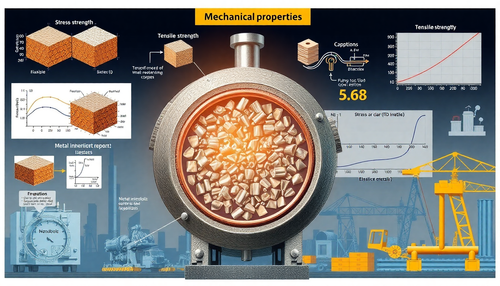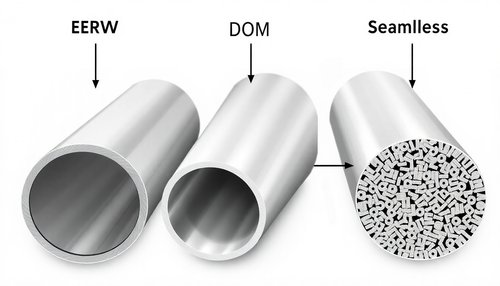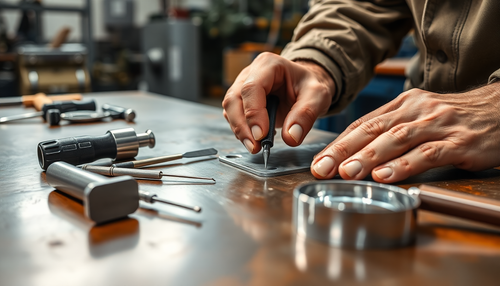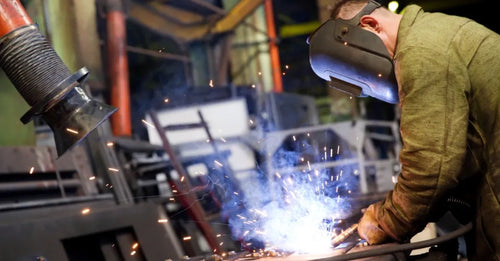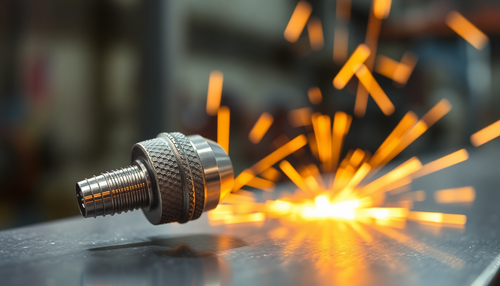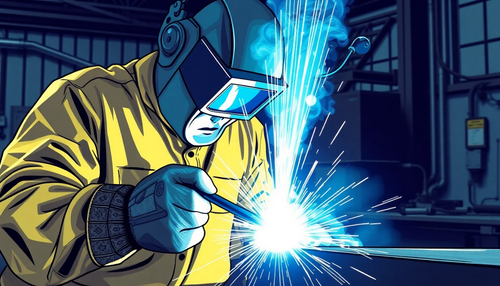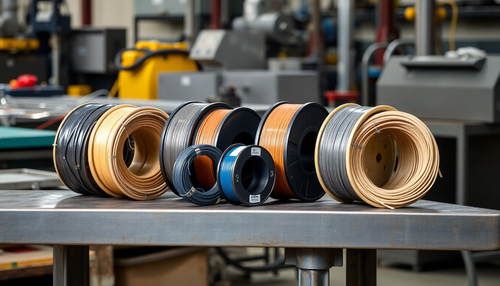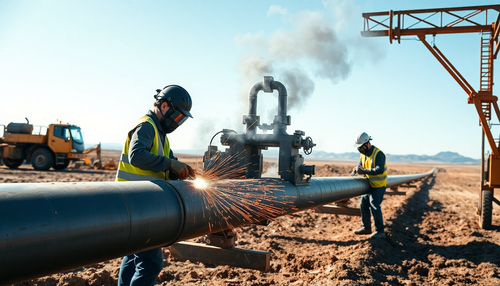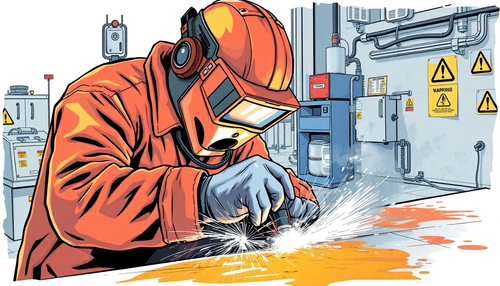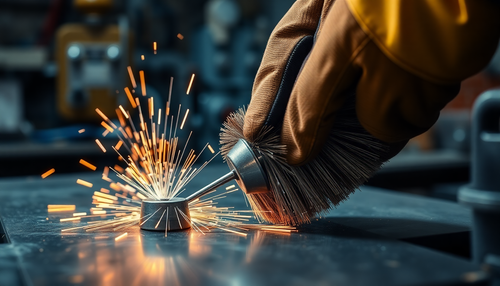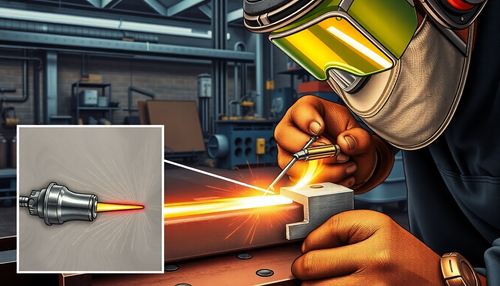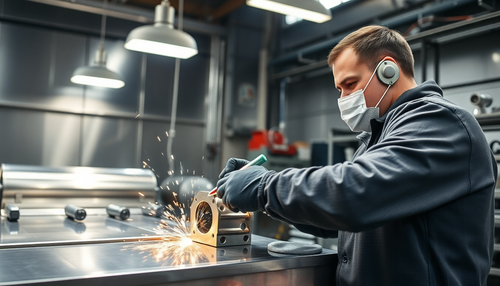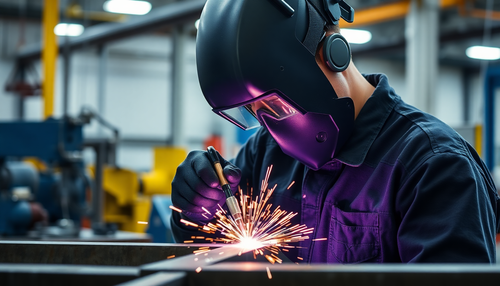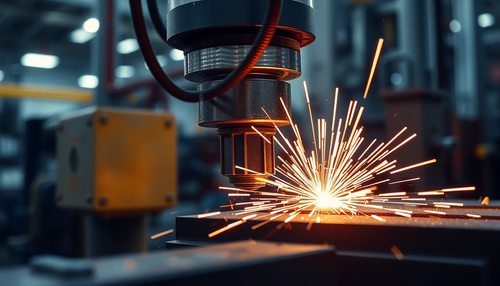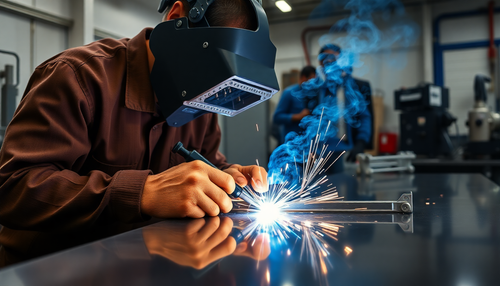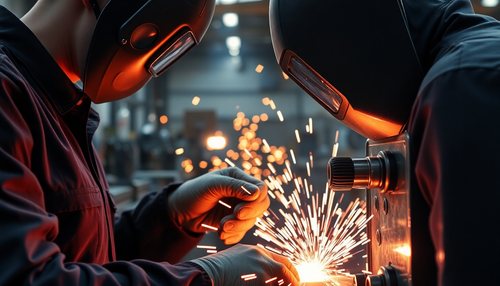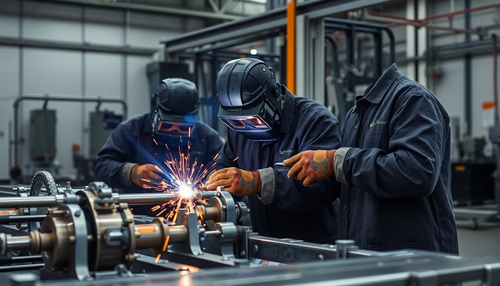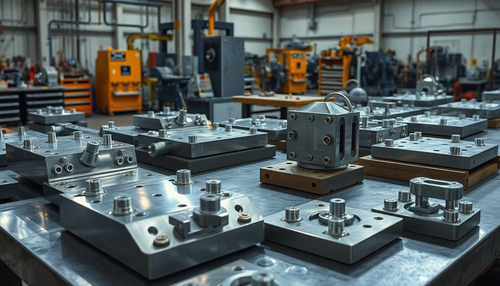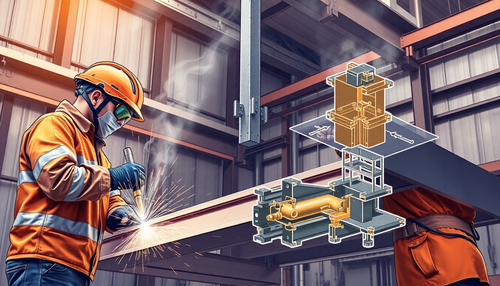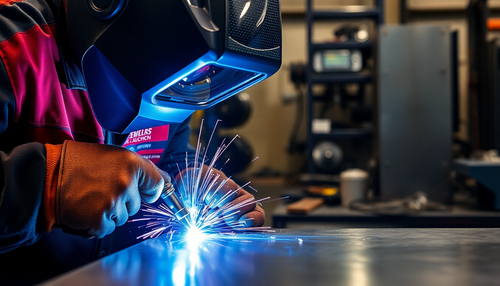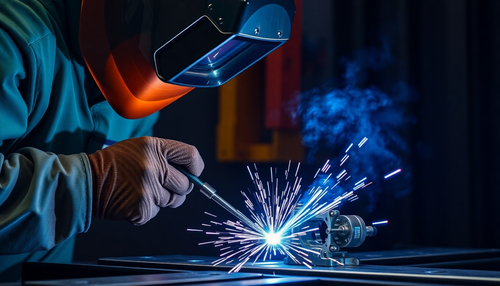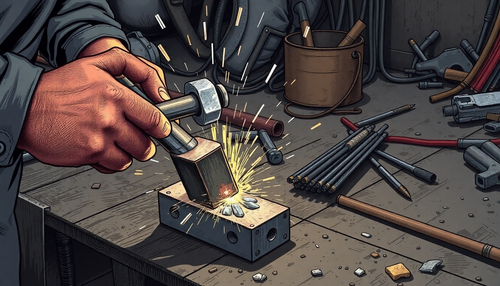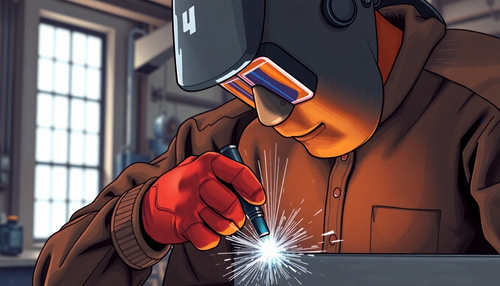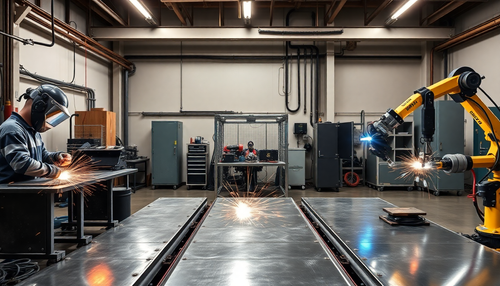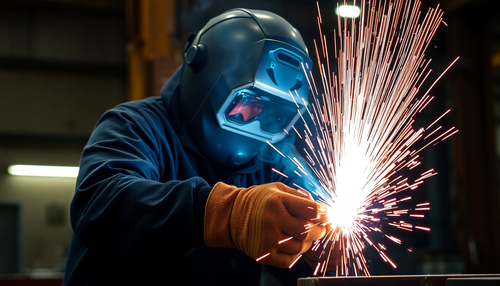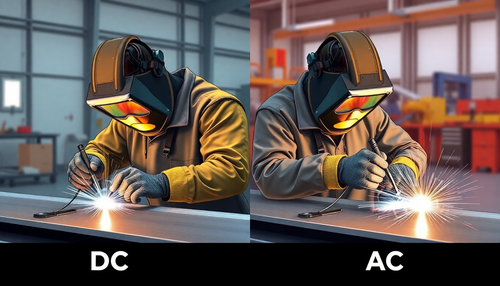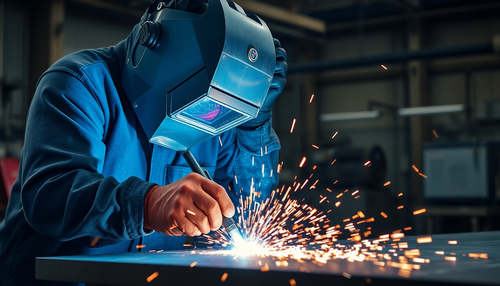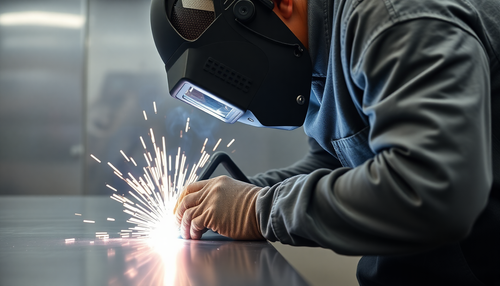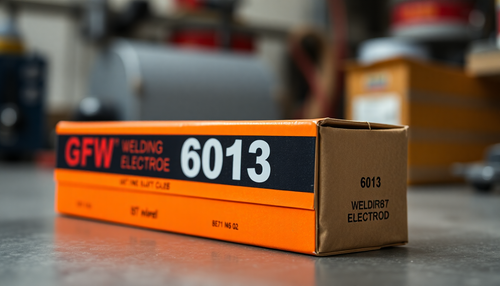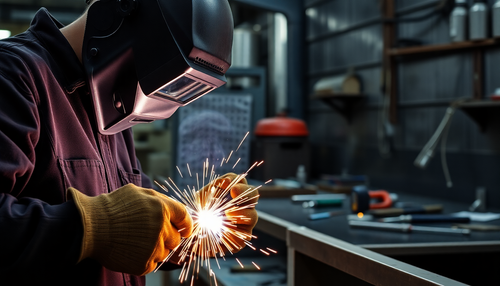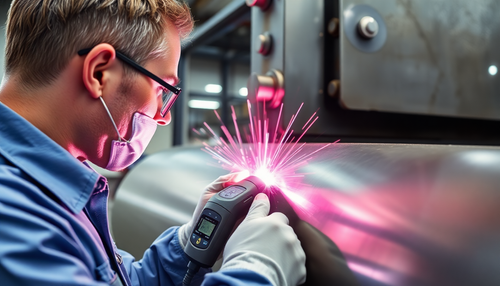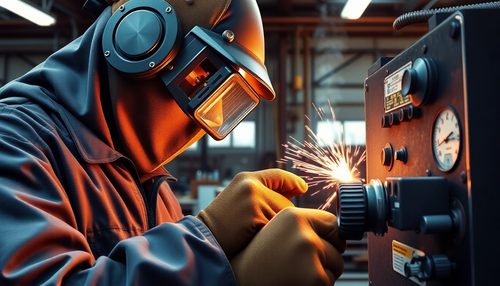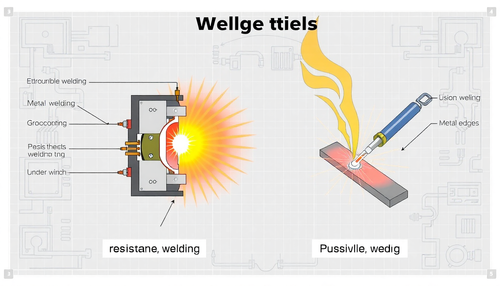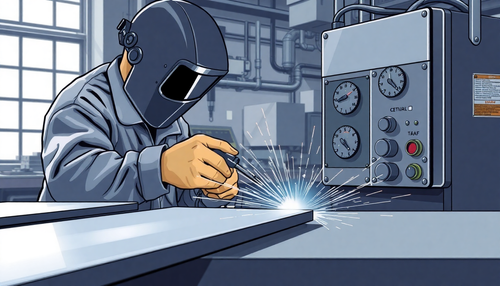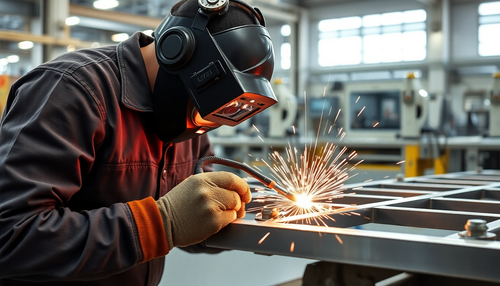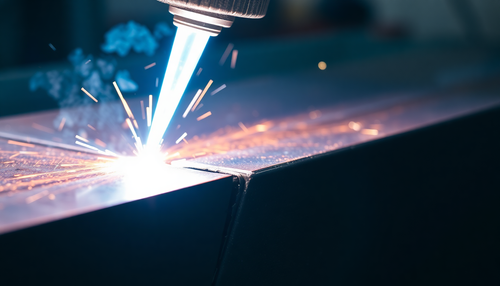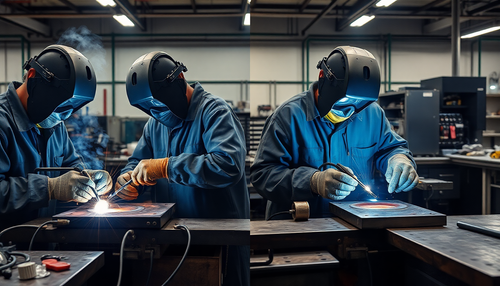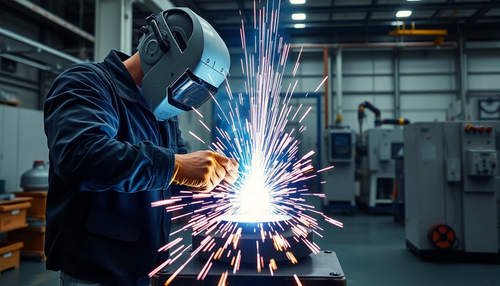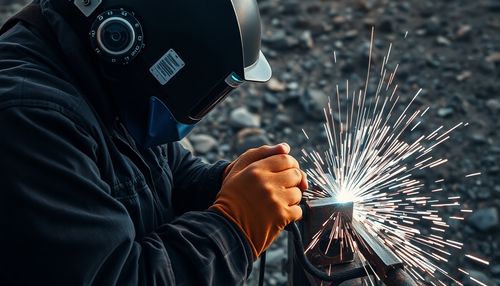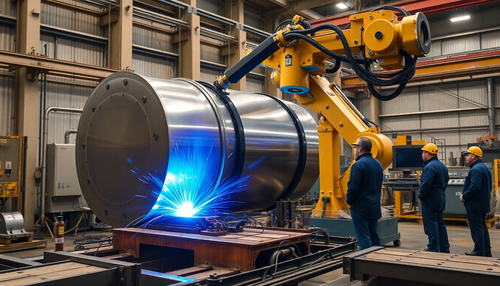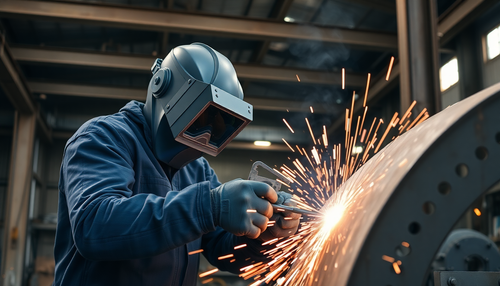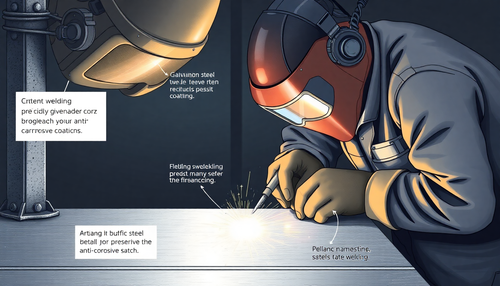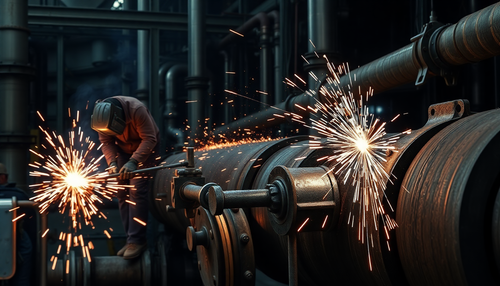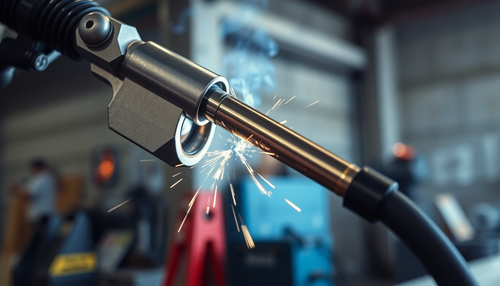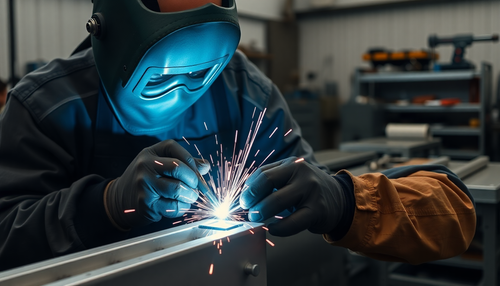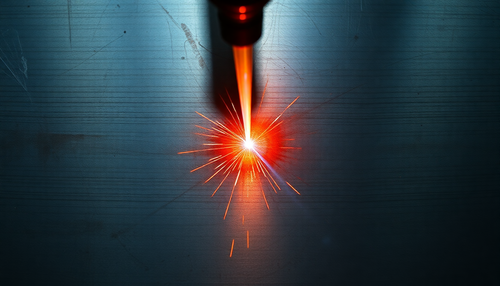
Hydraulic oil is a special type of lubricant used in hydraulic systems that operate through the energy of liquid pressure. Its role is multifaceted, serving as a means of energy transmission, anti-wear protection, lubrication, anti-corrosion and anti-rust, cooling and sealing.
This oil is specifically designed to transmit pressure and is divided into three types: ordinary hydraulic oil, anti-wear hydraulic oil and low dew point hydraulic oil.
Engineering machinery hydraulic oil is a specialized version of hydraulic oil, specifically formulated to meet the demanding requirements of construction machinery and die casting machines. This type of hydraulic oil offers greater wear resistance, rust resistance, emulsification resistance, oxidation stability, hydrolysis stability and thermal stability compared to other hydraulic oils.
Differences between lubricating oil and hydraulic oil
Similarities
From the above explanation, it is evident that both lubricating oil and hydraulic oil have similar functions, such as anti-wear, cooling, rust prevention, cleaning and sealing. This is why we often hear about using hydraulic oil as a lubricant.
Differences
- The main role is different.
In main function, lubricating oil and hydraulic oil for engineering machinery are different. The main function of lubricating oil is to reduce damage caused by friction between objects, while the main function of hydraulic oil in engineering machinery is to transmit pressure (power).
- The focus is different.
Due to their contrasting main functions, lubricants mainly focus on reducing friction, wear and preventing metal sticking. On the other hand, hydraulic oil places more emphasis on viscosity index, requiring it to perform efficiently at high temperatures and ensure smooth flow at low temperatures while reducing energy consumption.
Selection of hydraulic oil and lubricating oil
Lubricating oil selection
It is crucial to choose the correct type and quality of oil based on the engine's operating conditions. Many of you are aware that lubricant selection should be based on the seasonal temperature of the region to determine the appropriate lubricant label and viscosity grade.
Hydraulic oil selection
Proper selection of hydraulic oil is the first step to using it correctly.
Generally, the following principles should be followed when selecting hydraulic oil:
- Excellent performance
- Economically reasonable
- Reliable quality
- Easy to manage
When selecting hydraulic oil, it is important to choose one with a low coefficient of volume expansion and high specific heat capacity. Furthermore, hydraulic oil must have a low pour point and low freezing point. The high ignition point and flash point must also be taken into consideration.
When determining the appropriate viscosity grade for hydraulic oil, the main factors to consider are operating pressure, ambient temperature, and speed of the hydraulic system. This is different from lubricating oil considerations.
After choosing a suitable hydraulic oil, it is essential to maintain it properly during use. Consider the following points:
① Avoid contamination of hydraulic oil
Contaminants can pose a significant hazard, including corrosion of equipment, clogging of filters and orifices, acceleration of oil aging, and corrosion of components.
② Avoid introducing air
Air mixing in hydraulic oil can cause cavitation, noise and accelerated oil deterioration, negatively impacting its performance.
③ Prevent moisture from entering the system
Mixing cooling water and steam with hydraulic oil can corrode metal components, accelerate oil degradation and reduce lubricity.
④ Control the operating temperature of the hydraulic oil
Mineral oil-based hydraulic oil can operate continuously in a temperature range of 50-65°C, with a maximum service temperature of 120-140°C. When the oil temperature increases, the oxidative deterioration of the oil is accelerated and the resulting acid can cause corrosion of metal components.
What is the danger of using hydraulic oil as a lubricant?
The viscosity of hydraulic oil is typically lower, while that of lubricating oil is typically higher.
As a result, when using hydraulic oil as a lubricant, it becomes more difficult to form an oil film, leading to greater machine wear and potentially even more serious consequences.
The main function of hydraulic oil and lubricant is different, and their additives are also different. When the two oils are mixed, changes in performance and chemical reactions can occur, causing the oil to deteriorate and increasing machine wear.
The operating temperature of a hydraulic system is not high, but the unit pressure of the hydraulic oil transmission is significant. In contrast, the operating temperature of the engine crankcase is high, and the high-temperature and high-pressure combustion gas can quickly cause hydraulic oil failure, resulting in greater machine wear and greater losses.


